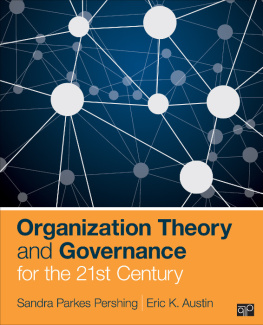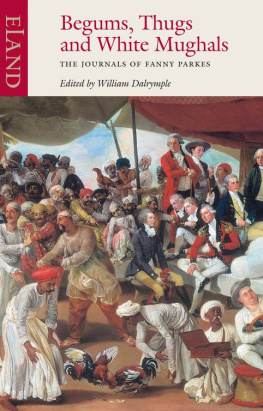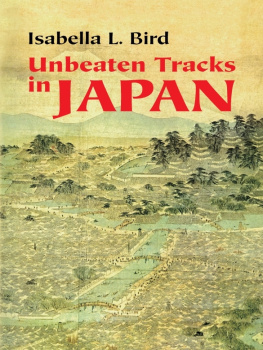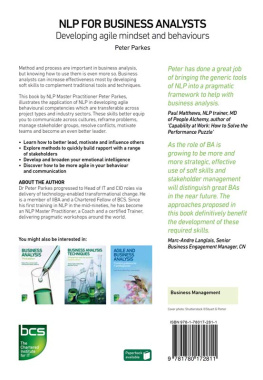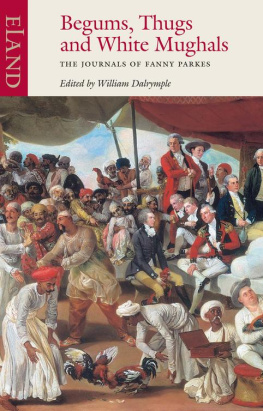SIR HARRY PARKES
BRITISH REPRESENTATIVE IN JAPAN
1865-1883

Monument to Sir Harry Smith Parkes (1828-85)
in the crypt of St Paul's Cathedral, London
Sir Harry Parkes
British Representative in Japan 1865-83
Gordon Daniels
MEIJI JAPAN SERIES: 2
SIR HARRY PARKES:
BRITISH REPRESENTATIVE IN JAPAN 1865-1883
First published 1996 by
JAPAN LIBRARY
Published 2013
by Routledge
2 Park Square, Milton Park, Abingdon, Oxon OX14 4RN
711 Third Avenue, New York, NY 10017 USA
Routledge is an imprint of the Taylor & Francis Group, an informa business
Gordon Daniels 1996
All rights reserved.
No part of this publication may be reproduced or transmitted in any form or by any means without permission in writing from the publishers, except for the quotation of brief passages in criticism.
British Library Cataloguing in Publication Data
A CIP catalogue entry for this book is
available from the British Library
ISBN 978-1-873-41036-3
ISBN 978-1-315-07325-5 (elSBN)
Contents
Maps

'Official reception of Sir Hatry Parkes
by the Tycoon of Japan at Osaca' [ Punch Oct. 1872]
THE AIM of this work is to provide the first well-documented account of an unusual British envoy, posted in Japan between 1865 and 1883. Only one previous biography has analysed this phase of Sir Harry Parkes's career and it is unsatisfactory on many counts, As a result, Dickins not only failed to press questions which historians would raise today but he was unduly uncritical towards his subject. Parkes' official biographer produced an archaic apologia which is neither critical, nor adequately documented.
This study has demanded close attention to official correspondence, but equally it explores all non-diplomatic opinion focused upon this controversial diplomat. These opinions were principally those of British merchants established in Japan, and British and American journalists writing in Europe, North America and East Asia.
As this implies, Parkes' impact spread far outside the closed world of British diplomacy, and to understand this impact it has been necessary to examine his activities in several spheres. Like any Minister, Parkes had important relations with his Foreign Office superiors and these, like his links with his subordinates were usually conducted through formal channels. Not surprisingly, his dealings with Japanese were more complex.
In a period of Japanese history which ranged through instability, civil war and political assassination, Parkes maintained contacts far beyond the circles of orthodox political leadership. In these dramatic years, local leaders and rebellious Samurai were often important sources of political information.
Other Western powers also had Legations in the Japanese capital and Parkes' relations with these have been a major focus of concern.
Finally, in a time when British interests in Japan lay principally in buying and selling Parkes had an important role in helping resident British merchants to win business and widen their opportunities. Consequently, the study of commerce and business opinion has been a significant if subordinate theme in this study.
This work originated as a doctoral thesis. It has subsequently been revised to take account of relevant writing in English and information available in Japanese reference works.
G.D.
Sheffield, Spring 1996
Acknowledgements
The author wishes to acknowledge the gracious permission of Her Majesty the Queen to reproduce the quotation from Queen Victoria's Diary on page 192.

: Mid-nineteenth Century China

Map 2: Nineteenth Century East Asia

Map 3: Japan in the late Nineteenth Century

Map 4: Major ban in late Tokugawa Japan

Map 5: Nineteenth Century Korea
1
The Formative Years
- 1828-65 -
HARRY SMITH PARKES was born into a middle-class Walsall family on 24 February 1828. His father had pioneered an iron-founding enterprise, his mother was the daughter of a reputable bookseller. Parkes' paternal grandfather was an Anglican clergyman and his grandmother a vicar's daughter, A further element in the history of the Parkes family was the Royal Navy in which Harry's his uncle John, and several other relatives had served. Heavy industry, the church, and the navy, were among the foundations of nineteenth-century England's power and prestige; and Parkes' background clearly mirrored these dominant forces. Such upbringing was unlikely to produce unorthodox radicalism.
When Harry Parkes was four his mother died and a year later his father was killed in a carriage accident. He then entered a boarding school at Balsall Heath, and his uncle John became his guardian. The influence of school and his uncle's naval adventures perhaps aroused in him the determined patriotism which became such an important element in his diplomatic career. At the age of ten Parkes moved to King Edward's Grammar School, Birmingham, where his formal education continued. Soon after, his guardian died and his elder sisters Isabella and Catherine left England, a move which was to transform Harry's later life. In August 1838 the two sisters sailed for Macao, to join their cousin Mary who kept a refuge for blind Chinese girls. Mary had recently married the Reverend Karl Gutzlaff, the noted linguist and explorer.
Isabella and Catherine arrived in China at a critical time. The Anglo-Chinese tension which was to culminate in the first Opium War in 1839 was already acute, and Chinese economic and military pressure soon forced British subjects to abandon the Portuguese territory of Macao. The Gutzlaffs with Isabella and Catherine then spent six weeks on board a ship off Hong Kong and later took refuge at Manila in the Philippines. After a general return to Macao in 1840 British subjects eagerly awaited the arrival of naval reinforcements which they hoped would restore their trade and security. It was only after the arrival of fifteen British warships that Mrs. Gutzlaff thought conditions sufficiently safe to invite the young Harry Parkes to join his sisters.





